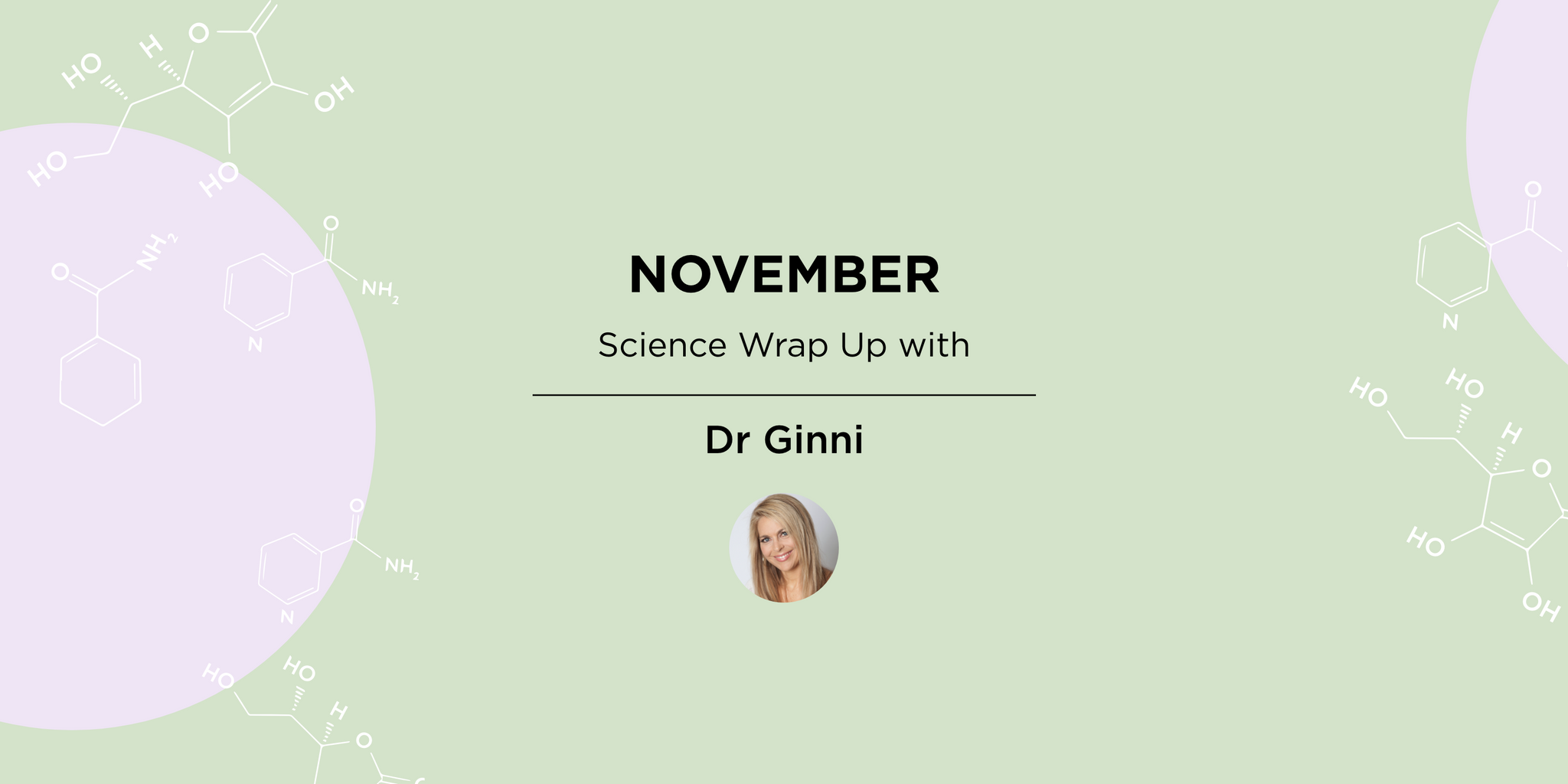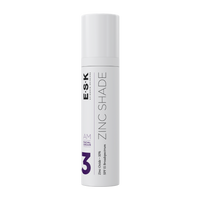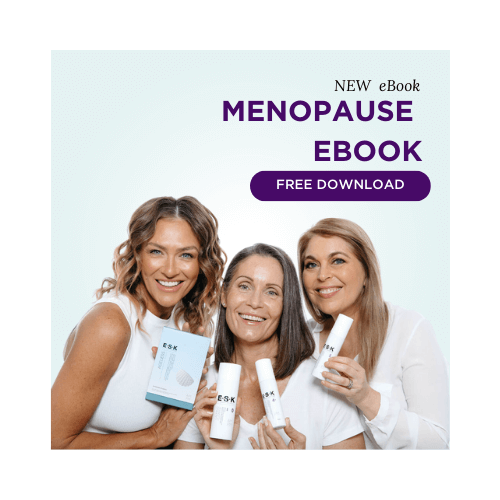
Hey everyone.
Welcome back to another wrap up of all the latest published science in the world of skin and skincare.
I don’t want to speak too soon but it’s just possible that the rain has actually gone away.
Meanwhile Daniel and I headed to Cosmoprof in November.
This is the world’s biggest trade show for all things beauty. Think fake tan, lashes…. And skin.
We usually head to Hong Kong, but this year it was in Singapore, which made a nice change! Sadly, I wasn’t bowled over by the level of science on display in most of the stands. There is still way too much BS for my liking…..
Speaking of science, here’s a look at the latest studies;
What to look for in a cleanser
About 40% of consumers buy their skincare based on the recommendations of a friend or acquaintance rather than the advice of a doctor.
Yet 24% will get a major side effect from their skincare because they’re buying poorly formulated products, or the wrong products for their skin.
So a group of dermatologists from Asia and Australia got together to make some recommendations for people with acne, rosacea, dermatitis and sensitive skin, publishing them in the Journal of Clinical Dermatology.
What a treat!
What really caught my eye was their advice about cleansers.
The bottom line; yes you need them, but be careful to use non soap gentle cleansers with an acid pH.
The authors suggested;
- Cleansers should effectively and gently remove the dirt and excessive lipids, should not irritate, or dry the skin and should help to absorb topical medications.
- Inadequate use of cleansers can compromise clinical outcomes, patient satisfaction, and treatment adherence.
- Proper use of cleansers supplements therapeutic management to improve and reduce acne lesions, reduce side effects of acne therapy, and thereby improve compliance.
- Cleansers with neutral to acidic pH compatible with normal skin (ie. a pH equal to or less than 5!) are recommended for anyone with sensitive skin.
- Synthetic detergents, which have less than 10% soap are less irritating and drying to the skin and are suitable for people with sensitive skin.
- Using the right cleansers can improve skin barrier function, restore skin hydration, and microbiome, normalize skin pH, and improve the symptoms of rosacea.
They also suggested that anyone with one of these skin issues should avoid astringents, toners, camphor, menthol, or acetone.
Music to my ears.
The role of zinc in your skin
I was fascinated to read a UK study published in the latest issue of the journal, Dermatology Reports looking at various skin diseases and blood levels of the mineral, zinc.
The authors looked at 48 studies where people with skin disorders had their zinc levels measured.
The skin diseases in the studies included psoriasis, atopic dermatitis, pityriasis alba, androgenetic alopecia areata, telogen effluvium, vitiligo, melasma, acne, seborrheic dermatitis and hidradenitis suppuritiva.
People with these skin conditions tended to have low serum zinc levels across the board. We’ve known for a while that zinc deficiency is linked to poorer wound hearing but this is much more significant.
What we don’t know is whether taking zinc supplements would help manage the skin conditions.
The richest food sources of zinc in the diet include meat, fish, and seafood (especially oysters).
Is a zinc supplement worth taking? Maybe. We don’t know whether it will help.
Regardless, chat it through with your GP because you can get zinc toxicity if you have too much.
And that will give you delightful (not) side effects like nausea, vomiting, tummy aches, and fatigue through to brain effects.
These happen as a result of the zinc displacing copper in your system. Mind you that usually happens with pretty high doses.
Zinc Shade is your perfect daily sunscreen, formulated with zinc oxide for broad-spectrum UV protection. Unlike traditional chemical sunscreens, this mineral sunscreen deflects harmful UV rays rather than absorbing them, offering gentle, effective defence against both UVA (aging) and UVB (burning) rays. We spent countless iterations perfecting this lightweight, non-greasy formula to avoid the typical white cast and thick feel of zinc products. The results? A matte finish that works beautifully under makeup. With anti-inflammatory and antibacterial benefits, Zinc Shade also supports acne-prone and sensitive skin, like rosacea and eczema. It’s your ideal go-to for sun protection and skin health. Zinc Shade based daily cream providing you with the protection you need from both UVA (aging) and UVB (burning) rays. (Sunscreen with zinc)
Zinc Shade
Zinc Shade – UV Protection Skincare Product
Think you’re ‘sun safe’? maybe not!
I was fascinated by a new study published in the latest issue of the Journal of Clinical and Aesthetic Dermatology.
In this survey of just over 1000 people, the researchers found some worrying trends.
They uncovered a lot of apathy of “Gen Z” people about being sun safe. But all of us tend not to use SPF every day, especially during colder months.
Mostly because we’re not too worried about the impacts of the sun.
Parents are super diligent with our children, slathering them in sunscreen. While tending to neglect ourselves! No surprise I guess!
The great news is that the people in the survey were open to education and want to learn more about sun protection.
References
https://onlinelibrary.wiley.com/doi/full/10.1111/jocd.15519
https://www.pagepress.org/journals/index.php/dr/article/view/9512
https://jcadonline.com/photoprotective-direct-indirect-blue-light/

